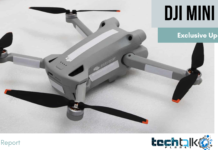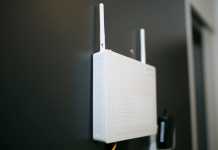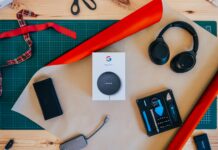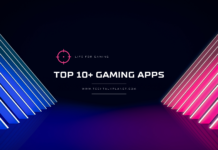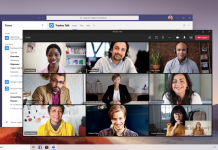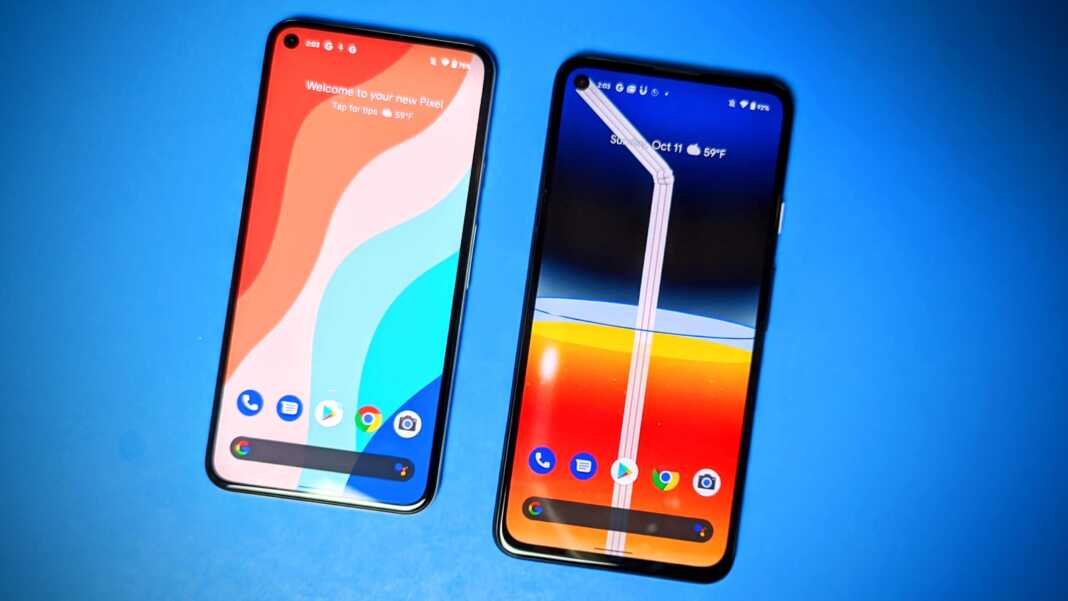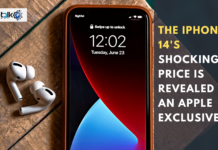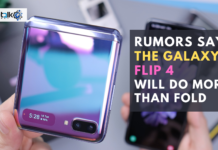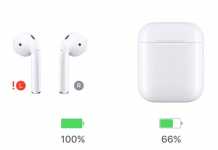While Android 12 is still in development, this guide will show you how to determine whether your phone is compatible with the new operating system.
Android 12, the next version of Google’s mobile operating system, is on its way, bringing with it one of the most significant enhancements Android has seen in years. The new operating system is intended to be feature-rich, with features such as Quick Tap, Scrollable Screenshots, and enhanced privacy dashboards.
When will you be able to get your hands on Android 12? It is currently in the last phases of beta development. (Here’s how to download the Android 12 beta now). Although Google has not revealed an official release date, we anticipate Android 12 to arrive in August or September, based on previous versions’ releases.
The critical question is whether your phone will receive the huge update in its entirety. At launch, just a few models will be available. Additionally, each handset must meet the hardware criteria in order to qualify for an update at a later date. Therefore, if you’re anxious to experience Android 12 on your own phone, you’ve arrived at the correct place. Here is what we currently know about how that will most likely happen.

Android 12 Release Date
Android 12 was unveiled at Google IO 2021 and is currently available in beta for a limited number of devices, including those from Oppo, Nokia, OnePlus, Xiaomi, ZTE, Asus, TCL, and iQOO – in addition to a slew of Pixels.
According to past Android releases, the finalized version of Android 12 will likely arrive in September or October, but most likely on a limited number of phones initially, such as the Google Pixel 5 and Google Pixel 4a, as well as the anticipated Google Pixel 6, assuming such a phone launches.
It is up to device manufacturers to get Android 12 to your phone, which can take months, so don’t be surprised if your particular handset does not receive Android 12 until 2022.
The Capacity to Perform
According to Google, a device must qualify as a “performance class” to get the most out of Android 12. To be eligible for Android 12, a handset must have a least “performance class 12” qualification. According to Google, a performance class “defines a subset of device capabilities that exceeds the minimum needs of Android.”

However, performance class 12 does not preclude “performance class 11” devices from running Android 12. Owners of Android phones with performance class 11 can theoretically install Android 12: They will not see all of the OS’s bells and whistles. Additionally, Google has stated that it will publish the requirements for performance class 11 when Android 12 is released.
(Also, Read – Best Android Smartphones of 2021 in the U.S. )
Google will put Pixels first
Perhaps the most compelling reason to purchase a Google Pixel phone is the assurance of frequent upgrades. Google has committed to providing each Pixel handset with three years of Android OS updates. The clock begins ticking the moment each device is made available for purchase through the Google Store.
![]()
This implies that the Pixel 3 and Pixel 3 XL, which were announced in 2018, is the earliest Pixel phones to receive Android 12. All subsequent Google devices, including the Pixel 3a, Pixel 3a XL, Pixel 4, Pixel 4 XL, Pixel 4a (5G), and Pixel 5, are also eligible.
Samsung Phones
The details around the Android 12 launch on Samsung handsets are less certain. Samsung phones began receiving Android 11 in December as part of the UI 3 update. Samsung currently supports UI 3 on the Galaxy S21, Galaxy S20, Galaxy Note 20, Z Fold2, Z Flip, and Note10, Fold, and S10 series.
Using this timeline and precedence, it’s reasonable to assume that UI 4 (together with Android 12) will arrive on the same premium Galaxy and Note phones in December 2021.
Additional High-End Phones
As was the case with Android 12’s beta release, we expect a number of high-performance handsets to receive Android 12 updates in addition to Samsung. The website GetDroidTips reports that the preliminary list includes handsets from LG, Motorola, Nokia, OnePlus, Oppo, Realme, Xiaomi, Vivo, Sony, and Asus.
Android 12 beta is accessible to a select group of premium smartphones, including the OnePlus 9, OnePlus 9 Pro, Asus Zenfone 8, Oppo Find X3 Pro, and TCL 20 Pro 5G.

Android 12 other Features
Google has verified several of the minor changes, the most notable of which being app hibernation. If you don’t use an app frequently, you can delete its rights and space by going to its settings in App details. However, you may quickly restore it if necessary.
Beta 3 introduces an innovative enhancement to the rotation of the display. Face detection is now included, with your phone’s front camera detecting when it’s time to switch to portrait or landscape mode. Google claims that this has resulted in a 25% reduction in latency.
When held down, the power button now launches Google Assistant, a much more convenient way to summon the service for a query.
Additionally, Google has acknowledged that it would prepare Android 12 to be more receptive to third-party app stores and installers such as the Amazon App Store, APKUpdater, and Samsung Galaxy Apps, to name a few.
Currently, third-party app shops require direct user consent to manage and update apps on their platform. But this change appears to allow third-party app stores to manage and update apps directly.
However, the process is not always straightforward for third-party app store developers. They must initially opt-in to use the feature, and the store must also have the particular “update packages without user input” permission. As such, some vetting may occur initially on Google’s behalf.



